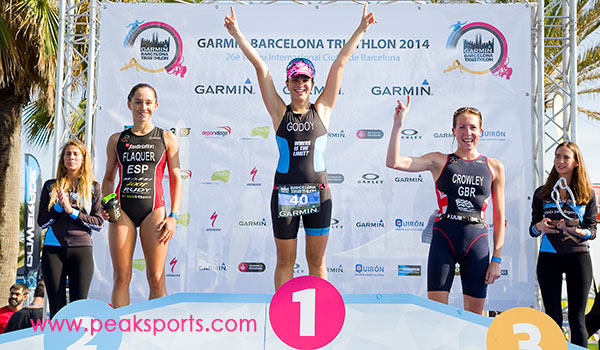
How Olympians Deal with Stress
Do you become so stressed out in training or before competition that you don’t enjoy competing and perform horribly? Do you feel you cannot do anything about your stress levels or believe that you are just a nervous athlete?
Stress has many sources for athletes. Some stress comes from the challenges in sport itself, and other stressors come from your personal life.
Common Stressors for Athletes Include:
- Personal relationships
- Injuries
- Interruption of training regimen
- Bulling
- Playing in adverse conditions
- Feeling expectations from others
- Perfectionism
- Critical game situations
- Opponents and team dynamics
- Lack of playing time
Stress Can Hurt Athletes in Many Ways, Such as:
- Slow down recovery from training and competing
- Deplete energy sources more quickly
- Inhibit fluidity of movement
- Build tension within muscles
- Hamper your ability to focus in a competition
- Create excessive worry
- Slow reaction times
- Interfere with decision-making
- Increase the chance of acute and overuse injuries
If you do not have a plan to manage stressors, your physical and mental well-being will be at risk, as well as top-level performance.
Holly Edmondston, Cyclist
Holly Edmondston, a New Zealand cyclist and 2020 Olympian, has worked through a lot of stress to achieve her Olympic dream.
The 24-year-old Edmondston’s Olympic journey has been challenging. Edmondston overcame a bad back injury in 2017, surgery in 2019, and the postponement of the 2020 Olympics due to the worldwide pandemic.
EDMONDSTON: “Stress is normal in sport. I was quite stressed because of my injuries. But now, I have managed to turn them around. Mental health was quite low, and now I’m doing a lot better. Some people might not consider stress as an injury, but 90 percent of the sport is mental.”
How was Edmondston able to deal with all the stress she was facing to make New Zealand’s 2020 Olympic team?
Edmondston and the New Zealand Olympic team sought the help of mental training professionals to learn how to navigate the increased pressure and stress of being Olympic athletes.
Edmondston: “We do group mental training and psychology sessions. It is important because being mentally strong is what gets you across the finish line.”
They learn stress management strategies. When you were born, you were not readily equipped with strategies to deal with the stressors of being an athlete. In fact, most stressors you learned to cope with as you progressed through life.
When you develop an array of stress management and relaxation strategies, you have more tools at your disposal and are better equipped to handle the various stressors that come your way throughout your athletic career.
Dealing with the Stress of Being an Athlete
Knowing your sources of stress is a starting step to coping with it later. What are three top stressors or triggers? What signs precede these stressors? Awareness of your mental push buttons is a good starting place.
Anticipate the stressors you might encounter in your sport. Think about how you might cope with each stressors. Have a plan. For example, how will you cope with an injury that sidelines you for one to two weeks?
This is where are trained mental game coach can help you–manage the stress you might encounter as a natural part of playing sports.
Related Sports Psychology Articles
- Mental Skills to Manage Stress for Figure Skating
- How Stress Can Affect Sports Performance
- Pregame Stress and Anxiety: Athletes’ Mental Roadblock to Success
The Composed Athlete

“The Composed Athlete” is presented on 80-minute Audio Programs with a 70-page step-by-step workbook that guides you through the program each day. It’s a complete system for conditioning your mind to have maximum composure in competition.
“The Composed Athlete” was developed for any level coach, parent, or junior to professional athlete who wants to improve performance and gain a competitive edge. It does not matter if you are a fledgling junior athlete; or a seasoned professional, plagued with distractions; or you just wanting to learn how to improve your composure…
